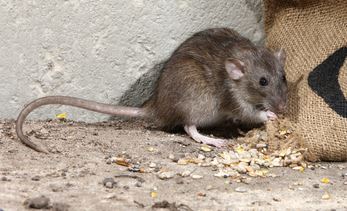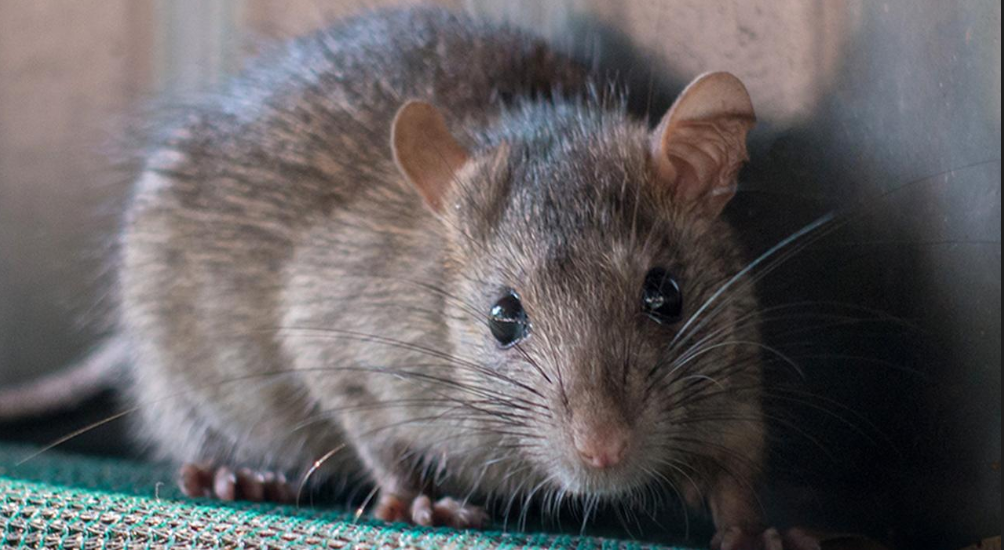



Australian farmers contend with months-long mouse plague after drought ends
Farmers in New South Wales are being overwhelmed by mice that are taking advantage of ample grain supplies after the end of a prolonged drought.
Kodi Brady has had a morning ritual for several months of cleaning up dead mice in his farm near Coonabarabran, some 490 kilometres (304.5 miles) north west of Sydney, before he heads off to work.
Reuters reports that the livestock farmer scoops up hundreds of dead mice he has managed to either drown in buckets or poison, as the biggest plague of the rodents in decades sweeps across the Australian state of New South Wales.
"It does play massive impacts on your mental health. I don't sleep because I'm paranoid, you know, you can hear them in your walls and your roof," said Brady.
Brady has been laying bait for mice for the last six months and despite efforts to seal his house, the rodents remain in large number.
"Your social and emotional wellbeing is shot and you are absolutely buggered," he said.
The region has been battling a mice plague for several months after heavy rains in recent years relieved the country's worst drought in 50 years. The wet weather not only helped produce the country's largest ever grain crop but also provided ample food to mice.
Mice – believed to have arrived in Australia along with the first European settlers - are well suited to the country’s often harsh climate.
They can survive long periods of dry weather and when the weather turns, they thrive and rapidly reproduce as food and water becomes available.
"I’ve got rubber around my doorways and underneath. We don’t open our windows at all because mice have been known to chew through the gauze and get into the house. They are just looking for somewhere warm now as well."
New South Wales state in May offered farmers free bait to deal with the problem but the size of the outbreak has led to calls on the government to allow the use of bromadiolone, a toxic poison currently banned in Australia.
However, some farmers and environmentalists warn of unintended consequences to native animals.
"I’ve got about fifteen bait stations and I spend at least an hour every morning and every night picking up mice to reduce that risk of the wildlife getting hurt," said Brady.
Read more about this story here.
Source: Reuters




